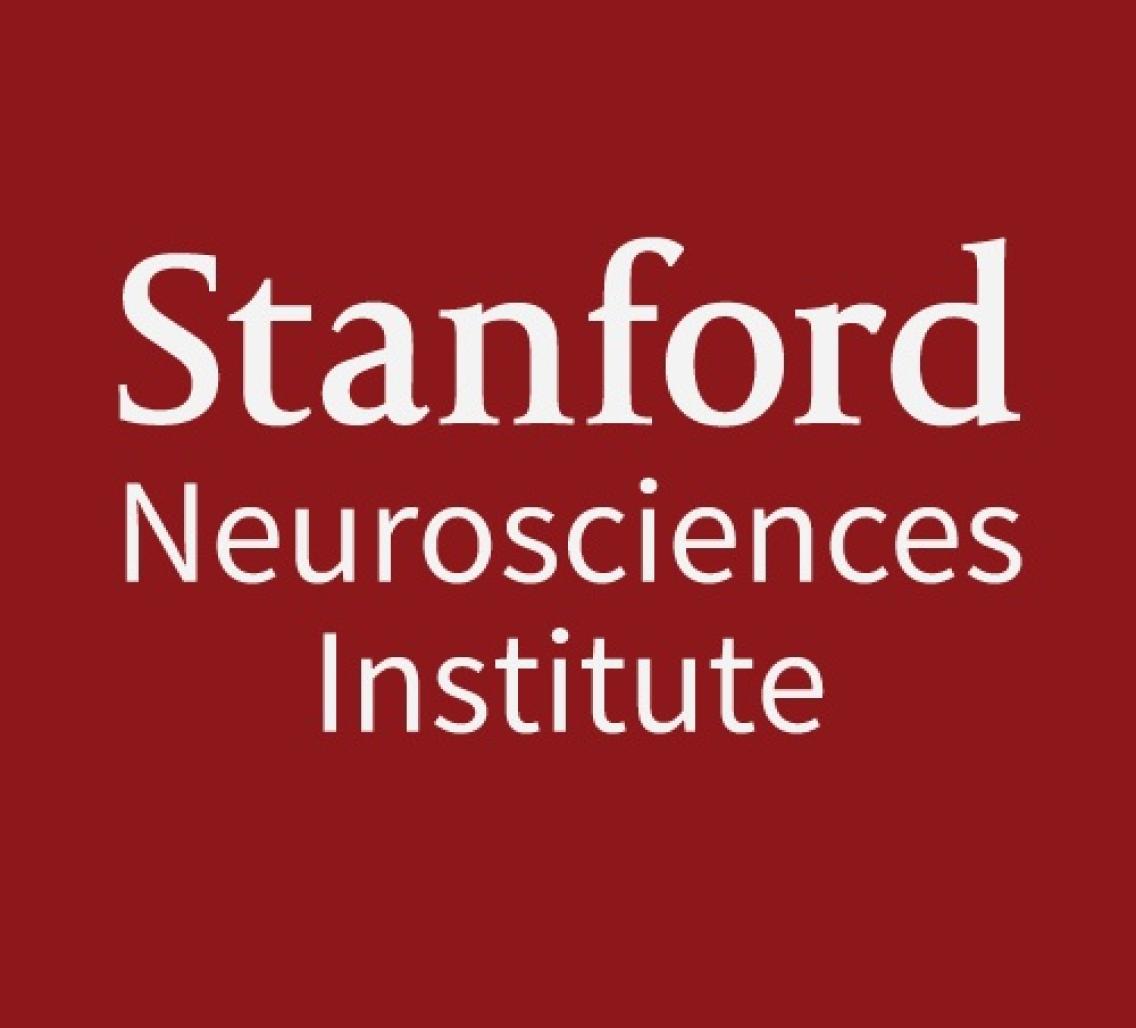Event Details:

A neural basis for attention in humans and monkeys
Robert Desimone, PhD Professor of Brain and Cognitive Sciences, MITDirector, McGovern Institute for Brain Research
Host: Tirin Moore
Abstract
Neurophysiological recordings and causal manipulations in monkeys, together with MEG recordings in people, have identified some of the key sources of neural feedback for spatial and feature attention. This feedback causes dynamic modulation of both firing rates and oscillatory synchrony with attention, resulting in spectral “noise shaping”, normalization, and enhanced signal to noise in the visual cortex. The FEF is an important source of feedback in spatial attention, as lesions of FEF impair spatial attention and reduce and delay the attentional modulation of firing rates and synchrony in visual cortex. However, in normal visual scenes, we do not know the location of behaviorally relevant objects in advance. To identify possible sources of feedback in feature or object-based attention, we conducted MEG recordings in people. We isolated a prefrontal area (the IFJ) whose role in feature attention seems to parallel the role of FEF in spatial attention and which modulates the processing of object-selective areas in human temporal cortex. Recordings from cells in what we believe to be a homologous prefrontal area in monkeys, termed VPA, reveal a combination of feature and spatial selectivity, and the responses of VPA cells are modulated by attention to features and/or locations. Deactivations of VPA impair the ability of both the monkey and its FEF neurons to find targets based on features, while sparing the ability of FEF cells to identify targets based on location. Thus, the FEF and VPA appear to work together as a mechanism for orienting to behaviorally relevant objects, defined by their features.
Biography
Robert Desimone is director of the McGovern Institute and the Doris and Don Berkey Professor in the Department of Brain and Cognitive Sciences at MIT. Prior to joining the McGovern Institute in 2004, he was director of the Intramural Research Program at the National Institutes of Mental Health, the largest mental health research center in the world. He is a member of the National Academy of Sciences and the American Academy of Arts and Sciences.